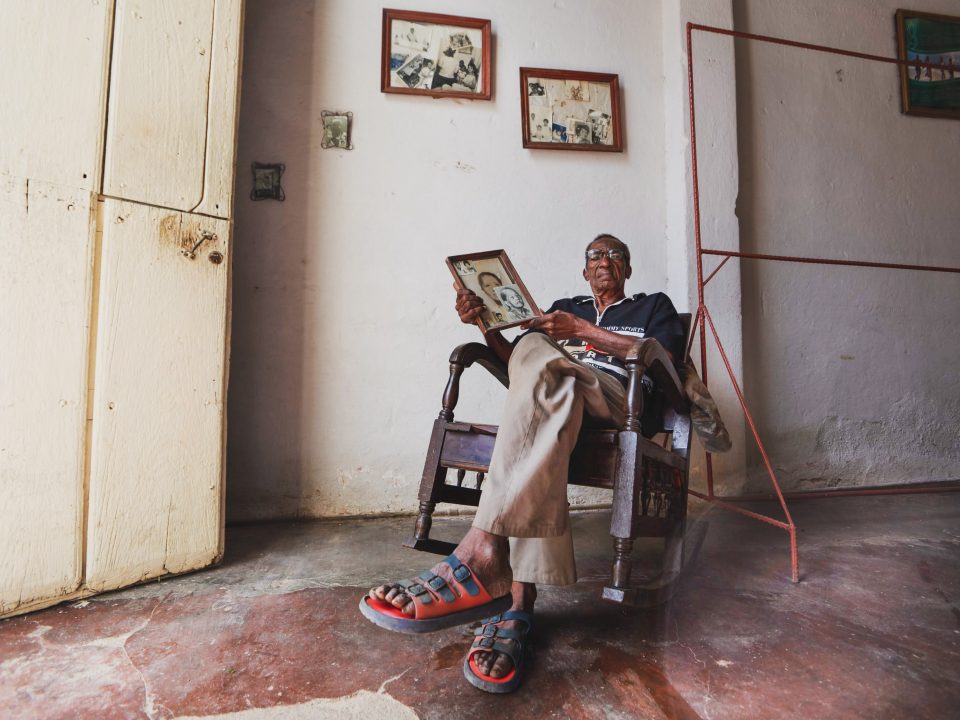Luke 2:16-20 Who doesn’t like to celebrate? To let your hair down, to party with friends and families or just complete strangers and have a good time. Because life is good or you got that new job or its Friday and why not. Celebrating is a good thing to do. When the shepherds found the baby they had been told …
Hearth : Wor Yem : Day 26
Genesis 18:6 We don’t speak of a hearth very often now. It is an old word used for a fireplace or the place in a house where the fire was and the family would cook on it and receive the warmth from it. It was the gathering place on cold winters nights where they would sit and eat and talk …
Flee : Wor Yem : Day 23
Matthew 2:13-18 There is a lot said about immigration in this country. Words like invasion are tossed around as if millions of people are pouring on to our shores on a daily basis and that there is no land for them to live upon, no food to feed them with and that all our systems are falling to pieces because …
Seeker : Wor Yem : Day 21
Luke 11:9-10 We spend a lot of our lives looking for something. Sometimes we are very aware of the thing we are searching for. The perfect job, house, partner, or holiday. Sometimes the thing that we seek is there but we can’t quite put a finger on what exactly it is we are looking for. Often these unknown searches that …
Remember : Wor Yem : Day 20
Psalm 103:13-16 Remembering is important, it is how we learn. Sometimes our remembering is personal. We experience something and this experience teaches us something that we take with us going forward. From remembering to duck when we walk through that small doorway so we don’t bang our head to the feeling we got when we first fell in love and …
Place : Wor Yem : Day 14
Matthew 2:1-12 Where are you as you read these words? Sat at home, in a coffee shop, on a walk. Maybe you are in one of your favourite places or an unfamiliar one that feels a little strange. In the story of Jesus’ birth we hear of numerous people having to move to new places or seek very specific ones. …
Space : Wor Yem : Day 12
John 1:1-5 The opening of the book of John is an echo of the opening words of the book of Genesis. In the beginning! In the beginning there was nothing but God and then there was all things. The universe expanding into the mass of stars and planets, galaxies forming and solar systems falling into place. There was skies and …
Dust : Wor Yem : Day 9
Matthew 1:1-17 I am fascinated by family trees. It is partly the detective skills needed to try and work out who is who from the many millions of records available so you can build a picture of where you come from. It is also something about connecting with the past and those that have gone before us which can also …
Reflect : Wor Yem : Day 6
Proverbs 27:9 Do you ever stop to reflect on who you are? Why you do what you do? Or the reason you are passionate about certain things? Many of us don’t take the time to stop and think about these things. It is often because we are so busy doing. Trying to complete our to do list or finding a …
Breathe : Wor Yem : Day 3
Genesis 2:7 Breathe in. Breathe out. Every single breathe we take fills us with life. With each one we take in the essential oxygen that keeps us alive. Breathing is so vital to our existence that we would die if we went a few minutes without the inhalation and exhalation of fresh air. In this verse from Genesis, that comes …









